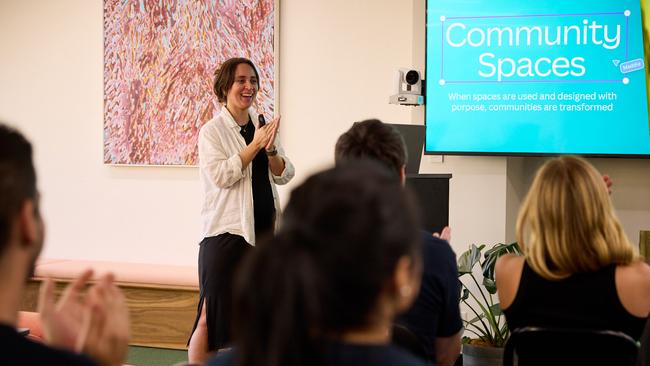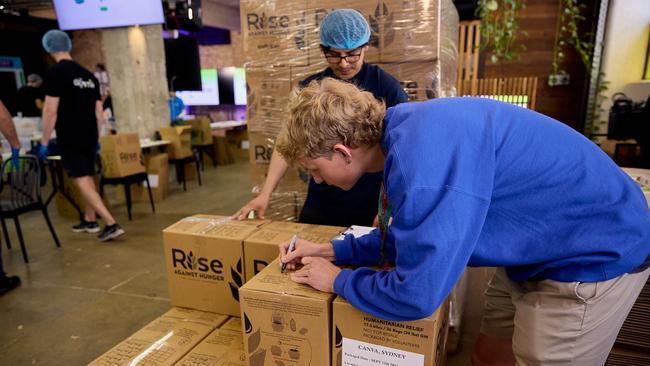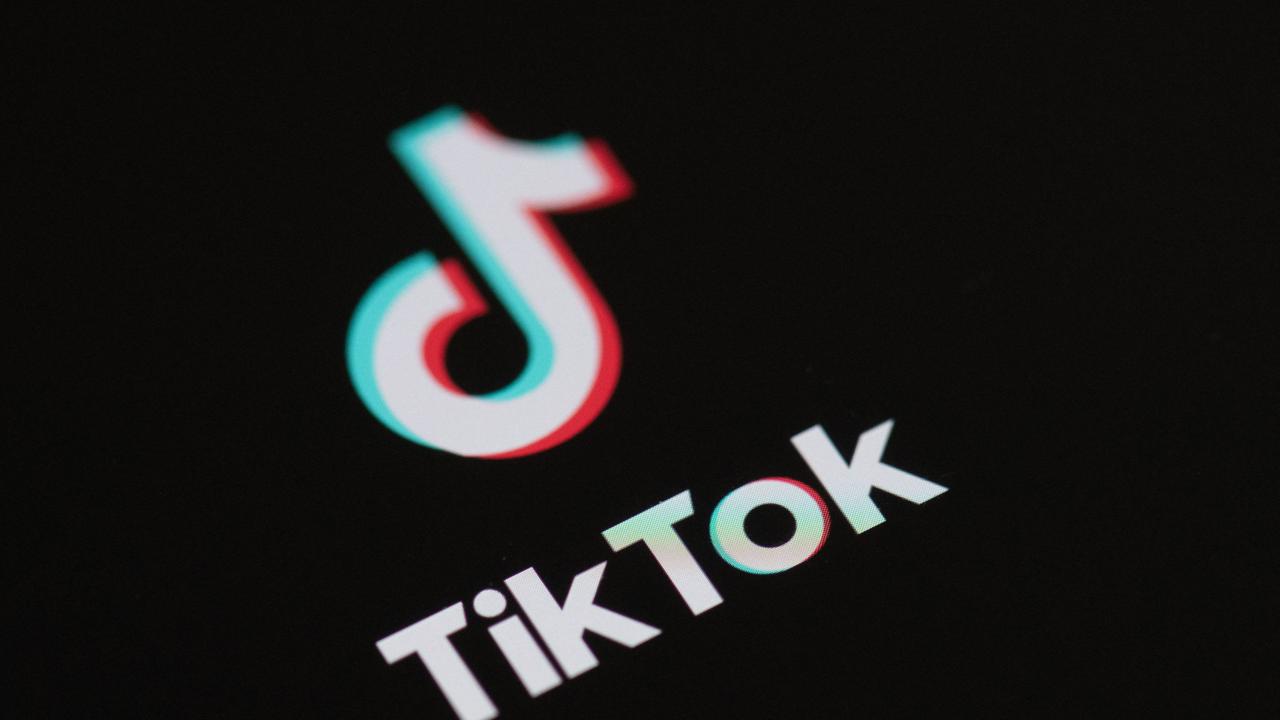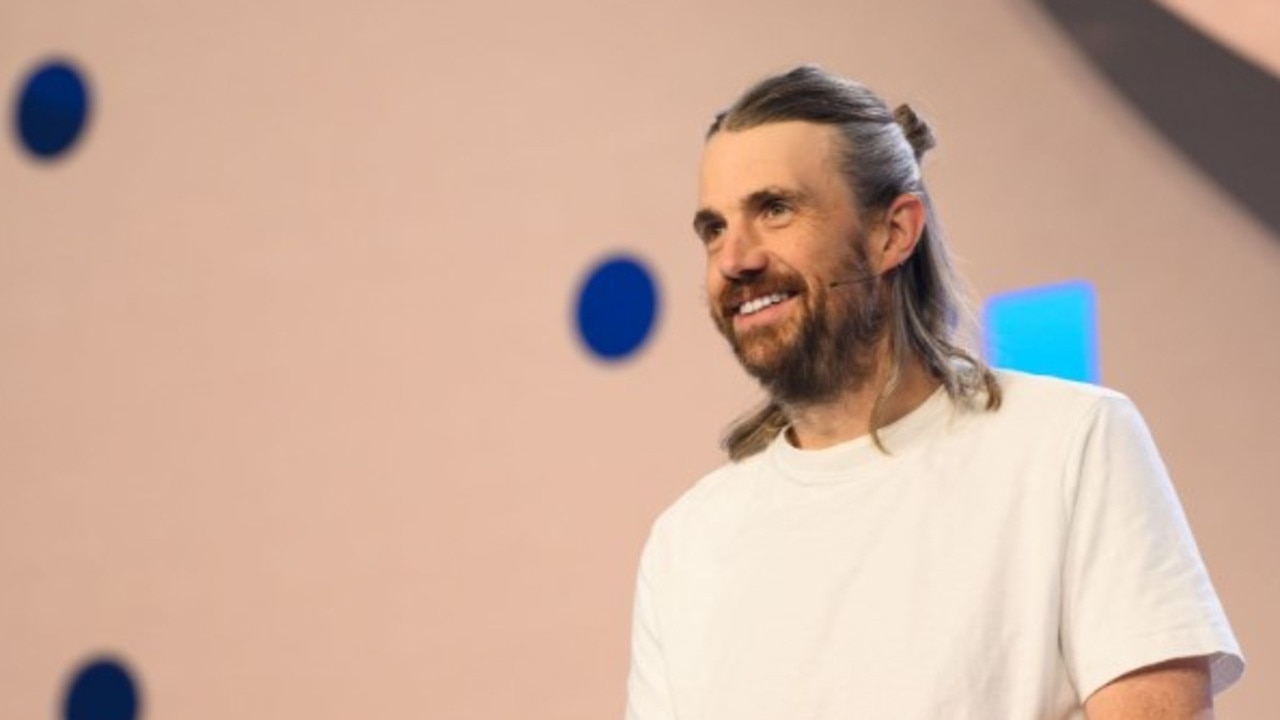How Canva is managing a younger workforce which values ‘purpose over perks’
In world where causes are close to many people’s hearts, Canva says it has the solution to avoid the infamous Officeworks Palestine-Israeli newspaper fracas earlier this year.

The tech sector is well placed to meet growing demands from younger workers who value having a purpose over receiving perks – and are even refusing assignments that don’t align with their beliefs, creating a potential minefield for employers – graphic design darling Canva says.
As investors anticipate a potential US listing, the $40bn company has capped off its “Force for Good” week, which was deigned to empower its staff to give back to the community and support causes that matter to them.
A Deloitte study revealed that as many 44 per cent of Gen Zs and 40 per cent of Millennials turned down jobs which did not align with values or beliefs, which has added pressure to the tech industry facing a chronic shortfall of workers.
Activist investors, the superannuation funds and some customers are demanding companies take a stances on social issues. Among them, Atlassian chief executive Mike Cannon-Brookes, who has said: “The era of the corporation being an invisible entity is gone.”
It underscores how managers need to balance allowing younger staff to support causes they value, while being mindful of not upsetting customers and sections of the community.
Earlier this year “pro-Palestinian” Officeworks staff member refused to laminate a Jewish newspaper.

But Canva global social impact lead Leigh McLeod said the tech industry was well placed to navigate these challenges.
Ms McLeod said while Gen Z – which refers to people born from the mid 1990s to early 2010s – workers and other staff were empowered to support causes that aligned with their values at Canva, respect and inclusivity were key.
Asked how Canva would have managed the Officeworks pro-Palestine employee scenario, Ms Leigh said it was about being a “good human” and approached potentially sensitive causes on a case-by-case basis.
“We don’t want to be prescriptive in what people can’t do. We want to encourage everyone to feel empowered,” she said.
“We don’t have a perfect system but we’re trying to make a system that is resonant with everyone in their ability to be able to live out their own values or be able to feel like they’re having a positive contribution.
“We pride ourselves on being an inclusive workforce and an inclusive employer that celebrates people bringing their whole self to work. (It is about) being respectful of other people’s values and opinions at work – and everyone is entitled to them – but in a sense creating a culture around having that inclusivity.
“The tech industry is very fast moving versus other industries … which provide very similar opportunities but maybe don’t necessarily look at them through an innovation lens that the tech industry might look at them through.”

Some of Australia’s biggest companies, including Officeworks owner Wesfarmers, BHP, Rio Tinto and ANZ, have been criticised for supporting contentious social causes, such as the rejected Indigenous voice to parliament referendum.
University of Melbourne professor of leadership Will Harvey said taking a stance on political and social issues was challenging and “fraught with risk”.
“We’ve got major challenges with polarisation in society and that was very clear in the run-up to the referendum and the immediacy of the result, and I’m afraid it will rumble on for quite some time,” Professor Harvey said after the referendum last year.
Ms McLeod said employees wanted tangible action.
“Not every organisation is at the ability, or at the scale to be able to offer three full days of volunteering leave and things like that,” she said.
“But I think it’s this idea of, you know, greenwashing – telling people that we are doing all this awesome stuff when it’s not actually happening in reality, it’s that kind of concept.
“You know, we don’t just want a pizza party at the end of the day, we want to make sure that it comes to life.”
Canva offers its workers three days’ volunteering leave as well supports various causes via partnerships with organisations like GiveDirectly, which allows people to send money to “the world’s poorest households”.
Ms McLeod said Canva “acknowledged that there’s a lot of things happening in our own back yard that really need attention and support”.

This includes initiatives like Canva for Education, which gives about 70 million students and teachers access to Canva’s platform for free to perform tasks such as personalised lesson plans, infographics, posters and video.
It will also gift match up to a total of $5000 of donations each year to split across different organisations.
The company has joined Pledge 1%, a global initiative whereby companies pledge 1 per cent of their time, profit, product, or equity to have a positive impact.
Atlassian found a similar sentiment across its workforce in 2021. A survey revealed that 74 per cent of employees who responded agreed businesses should be just as concerned with their social impact as their financial results and this underscored how long companies have had to adapt to changing staff views.
“We have an awesome opportunity to take inspiration from the hearts and minds of our global workforce, and drive change for the betterment of our world,” Mr Cannon-Brookes said at the time.




To join the conversation, please log in. Don't have an account? Register
Join the conversation, you are commenting as Logout